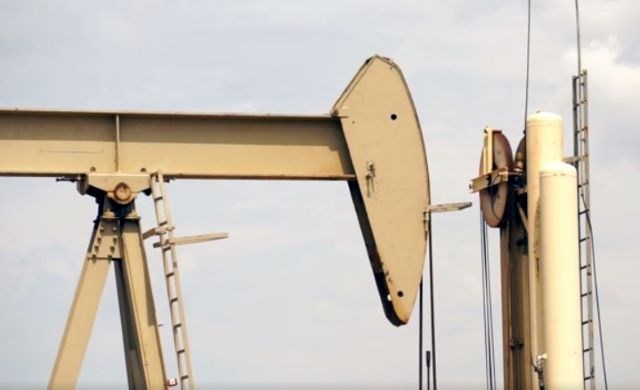New oil and gas regulations approved Thursday by Boulder County commissioners require 2,500-foot setbacks for drilling operations, limit the time seismic testing can be conducted and add more financial barriers before an energy company can start working.
The new rules companies will have to follow to drill in Boulder County were unanimously approved by the commissioners, who said the updates to the regulations were needed to protect residents and the environment from drilling activity.
“That’s our job to protect the people who live here and to protect the environment,” said Commissioner Matt Jones, who worked on oil and gas protection during his tenure in the state Legislature as a representative and senator. “These are the strongest rules in the state and will be the model for others.”
“This is a great day,” Jones said during Thursday’s virtual public hearing.
Work on updating the county’s 3-year-old oil and gas standards began in March, but were stalled twice: Once in response to the COVID-19 pandemic and again as the county waited on rulemaking by the Colorado Oil and Gas Conservation Commission in response to last year’s passage of Senate Bill 181. The bill gives local governments more power to regulate oil and gas operations.
“It’s really important Boulder County used all the authority given to us under Senate Bill 181,” Commissioner Elise Jones said. “And we made it clear the county will not settle for anything less.”
The new regulations, which prior to passage were the subject of a virtual public hearing last week, call for setbacks from oil and gas operations to be 2,500 feet from homes, schools or licensed child care centers as well as light industrial, commercial, business and transitional zones.
The county also added specific setbacks for municipal and county-maintained trails and trailheads. Minimum setbacks would be 2,000 feet, Kim Sanchez, the county’s deputy director of community planning and permitting, told the commissioners “... Distances may be greater than stated if necessary to protect public health, safety, and welfare, the environment and wildlife.”
The new rules also call for using the most current ozone standards to gauge rig emissions.
Oil companies wishing to operate in Boulder County must show they have environmental surety bonds. The new regulations also require neighborhood meetings be held if an application is filed with the county.
“I am really happy to see that,” Matt Jones said, adding anyone should be allowed to review and comment on applications.
Colorado’s arm of The American Petroleum Institute called the new regulations “subjective and unnecessary” and stated they trample on private mineral rights.
“As we have repeatedly emphasized to Boulder County officials, such decisions must not be arbitrary or capricious in nature,” Lynn Granger, executive director of API Colorado, stated in a news release. “We feel that many elements of the new regulations, especially if used to deny a permit application, would fall short of that standard.”
“In addition, many of the standards adopted appear duplicative or work in concert to effectively prohibit the development of private mineral rights,” Granger stated.



